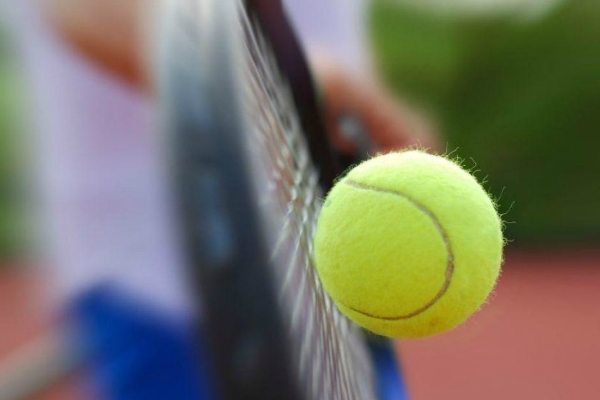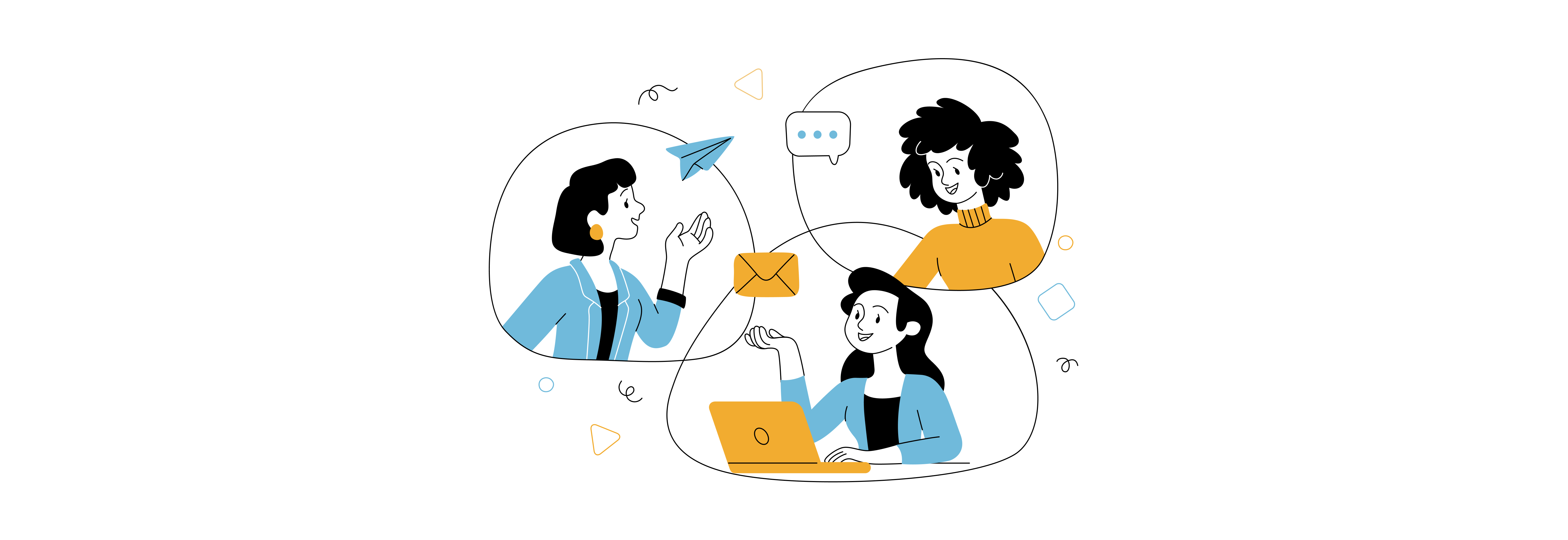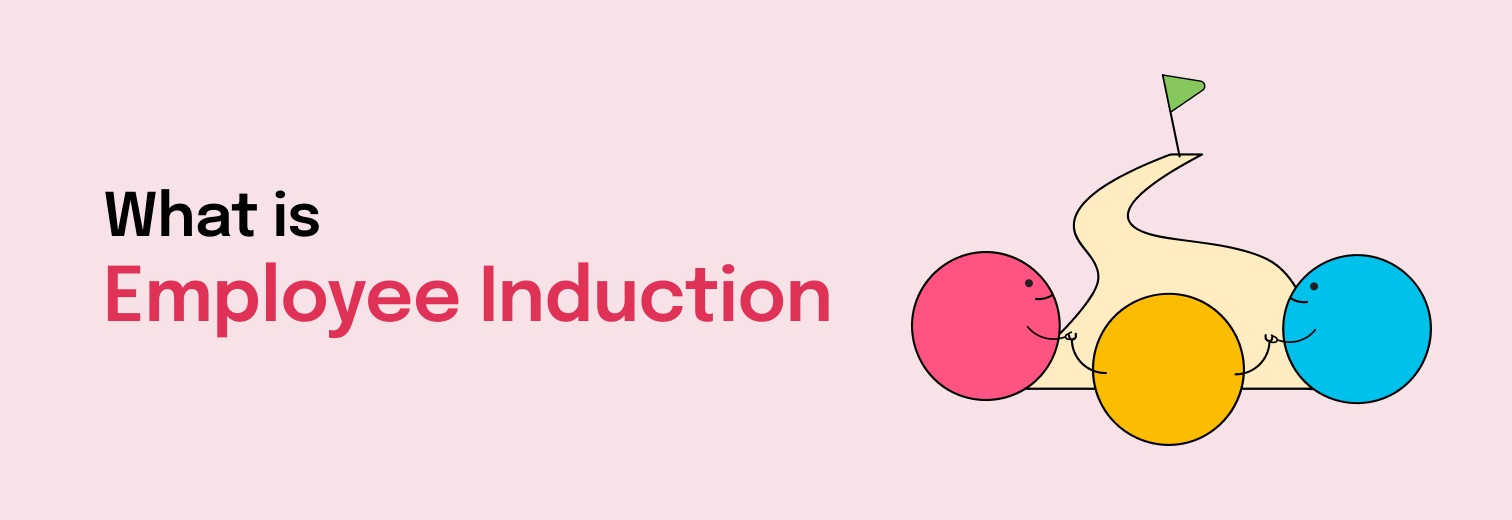“When we plant a rose seed in the earth, we notice that it is small, but we do not criticize it as “rootless and stemless.” – Tim Gallwey
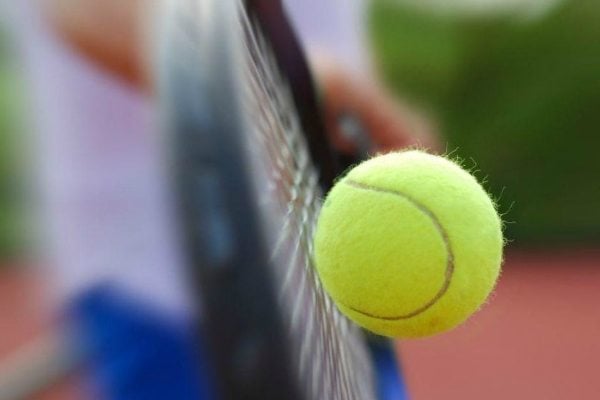
Tim Gallwey is a nationally ranked tennis player and arguably one of the best coaches. In 1970, inspired by meditation techniques of Divine Light Mission, he wrote The Inner Game of Tennis. There is an undeniably strong reason why more than 2 million copies of this book were sold across the world.
Tim introduced an exceptional coaching method using The Inner Game. In the world of tennis, the most common advice is “Keep your eye on the ball.” Almost every coach shouts this advice to his/her tennis players. Indeed, this is quite a useful piece of advice for any player, be it a newbie or a professional of the field.
As a coach, Gallwey realized that some of the coaching methods are simply ineffective no matter how many times you repeat your command. Tim recognized that telling just doesn’t work on people. For the player, is it that difficult to look at the ball, or do they think about something deeper?
One day Tim decided to use a different approach while coaching. Instead of telling the player to keep their eyes on the ball he told them to say bounce when the ball bounces and say hit when they hit it. The entire team noticed an improvement in their practice sessions. The players ended up watching the ball vigilantly while saying bounce and hit.
This gave Gallwey and many other coaches a fresh perspective on coaching people. This is how the Inner Game began. The same rule could be applied in almost any kind of coaching. As a firewalk coach, I make people walk on fire. And, I don’t find it difficult as even firewalking could be based on the same coaching method. The Inner Game covers three important aspects of coaching.
1. Indirect Focus –
Source: theunaustraliandotnet
The ‘coachee’ redirects his focus on something else that could give him the same result. The entire concept of firewalking is directly connected to this. Before placing a foot on fire, the walker creates a different picture in his head. At that moment, he sees himself walking towards his life goals, and even a mentally challenging task like walking on fire becomes a doable affair for him.
2. Reduced Interference –
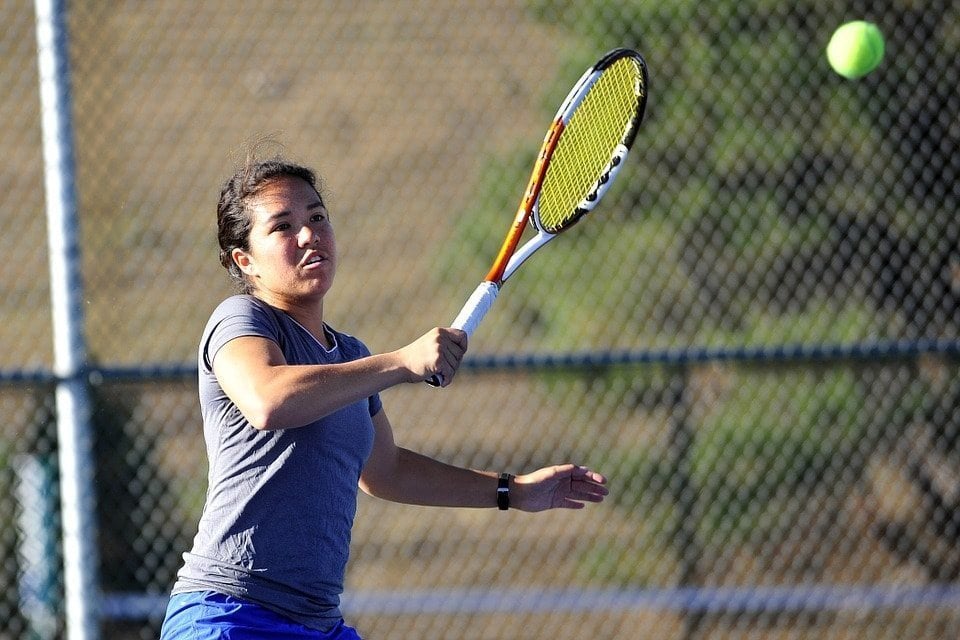
Too much dependency on the coach’s presence might reduce players’ performance during practice rounds. Here a coach’s job is to notice and eradicate these external interferences. Coaching will be rated best if a ‘coachee’ knows how is he doing and corrects it along the way. For example, a player alone can verify his performance while saying hit and hitting the ball of tennis.
3. Focus on Present –
What a crazy idea! I might burn badly! It is going to be penetrating hot! Is there a doctor available if I am injured! These are a couple of thoughts that run in people’s head before they could even think about walking on fire. Most of the time these thoughts either will be about a fearful past or a dreaded future. People take their first step towards focusing on the present as they put their first step on burning embers. Be it firewalking, hitting a ball, or even mastering any game could only be possible by focusing on the present.
The Inner Game of Tennis is one excellent tool that has been helping thousands of leaders to be the best in their coaching role.
